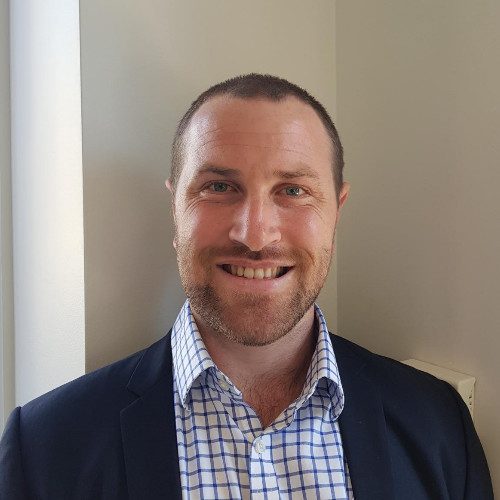 | Tim Twynham is the Lead Principal Consultant at the Chandler Macleod Group. |
As you head towards the end of your degree and begin applying for graduate programs, you might start seeing the words “assessment centre” pop up more frequently. If you’re unfamiliar with the term, look no further: here’s a guide on what assessment centres are, and how you can succeed in them, with expert advice from the recruitment agency Chandler Macleod!
What are assessment centres?
Assessment centres are typically the final stage in the application process for graduate programs, and are used to help determine whether grads are a good fit for the role. They involve a series of tasks which vary between programs, depending on the key skills each grad program is looking for. You can expect to see a combination of interviews, group discussion activities, written exercises, case studies or presentations in assessment centres.
What do employers look for in assessment centres?
Tim Twynham, the Lead Principal Consultant at the Chandler Macleod Group, says that most employers will be looking at your ability to work in a group during assessment centres. Specifically, assessors are likely to look out for relationship building skills, collaboration, and how you engage with others.
“There aren’t many graduate programs when you are just placed into a role and you work in isolation,” he says.
Your ability to communicate is another skill you’re likely to be assessed on, as well as your motivation for the program itself.
“There’s a big element around drive and motivation,” Tim says.
“I think it’s fair to say that a lot of client organisations sort of want you to hit the ground running and impress people, and a bit of that is what is inherent to the individual. So, you know, are they naturally driven, or task oriented, or achievement oriented? That kind of thing.”
He adds that employers may want to find out whether you really want to work for the organisation, and if you’re going to stay with the company for a while.
“So motivational alignment is a pretty consistent one, too.”
How can you prepare for the day?
Tim says that doing your research is one way you prepare for an assessment centre and put yourself at ease. Familiarise yourself with the program and its expectations, the organisation's values, and any technical skills that might be needed for the program.
He adds that being able to talk about what the organisation does, and potentially knowing a bit about their teams, customers or stakeholders is another great way to prepare.
“That kind of evidence is a good part of actually showing that you really want to be there,” Tim says.
Getting comfortable with using technology is another element of preparation that might come in handy, particularly for virtual assessment centres. Tim says he’s seen people frazzled on the day because their microphone isn’t working, so it’s a good idea to double check the little thingsthings before the assessment centre begins.
And of course, making sure you’re well rested and not distracted on the day is one of the best things you can do to help yourself in the assessment centre.
What are some common mistakes grads make?
One of the more common mistakes Tim mentioned was that grads can often struggle to think of examples of situations where they’ve excelled, or other common scenarios employers might want to hear about.
“There’s many instances of sort of feeling like there’s maybe more to it, that there’s maybe more to what the person has done, or that they’ve actually handled something quite well, but they simply didn’t say it,” he says.
While it shouldn’t sound scripted, Tim added that grads should come with a few examples up their sleeves that they can talk about in detail.
“Just thinking about what are some achievements and situations that you can maybe use as suitable examples, and actually talking to those examples in enough detail around what you’ve done,” he says.
However, while interviews require a fair level of detail from grads, group interviews aren’t the same in this regard, which is another spot where grads often go wrong. Tim says that group activities are where grads should showcase how they work and communicate with others, rather than try to be the “shining star”.
“It’s not about being the superstar that outshines everybody else… In group activities it’s probably one of the red flags or stumbling blocks are people who kind of shut down other people,” he says.
But like with anything, there has to be a balance: if you don’t talk at all, it’s hard for recruiters to assess you accurately.
“So there is a bit of a balance with a group activity of saying enough but not too much, whereas in the interview, I'd say it's probably just about providing more of that detail around what you've actually done.”
For some tips on how to master the group assessment task, head over to our article on here.
How can you stand out?
In terms of how to stand out, it all comes down to being yourself and putting your best foot forward. Be sure to draw from your experiences at university and any other professional experience you might have, and highlight your skills relevant to the role.
As Tim mentioned, ensuring your motivation and enthusiasm for the role shines through is another great way to make a good impression.
Looking for more advice? Check out our complete guide on assessment centres.
 | About The Author Clareese is a Media and Communications (journalism) graduate from La Trobe University. She worked at GradConnection as a Student Journalist where she covered a range of topics on the student blog and reported on the 2023 Top100 Awards. She’s now working in an exciting new role as a Cadet Journalist at News Corp based in NSW. |
